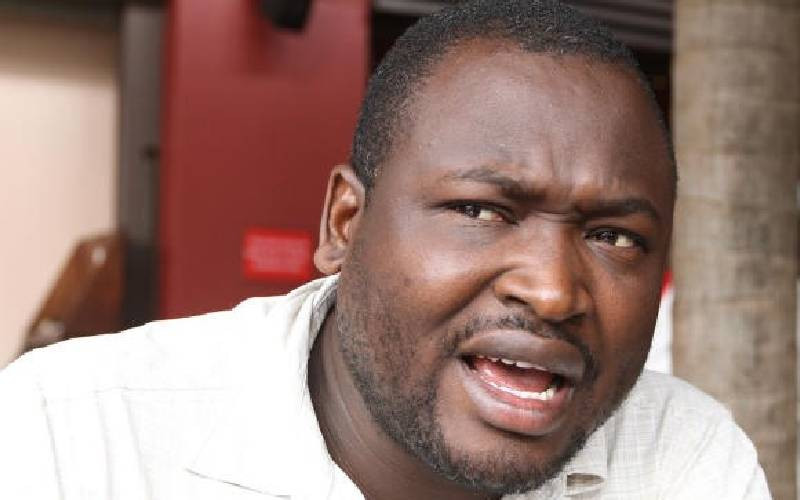×
The Standard e-Paper
Smart Minds Choose Us

Friday was the International Women's Day. It was a moment of deep reflection and stark reminder that Kenya must confront the harsh reality of violence, child marriage and early pregnancies that threaten well-being of women and girls.